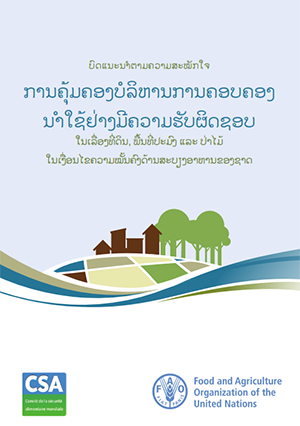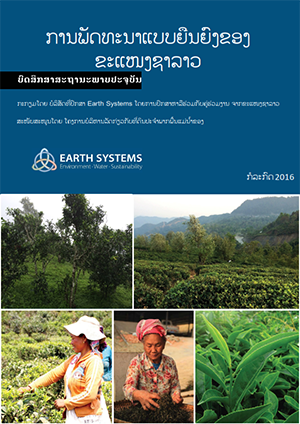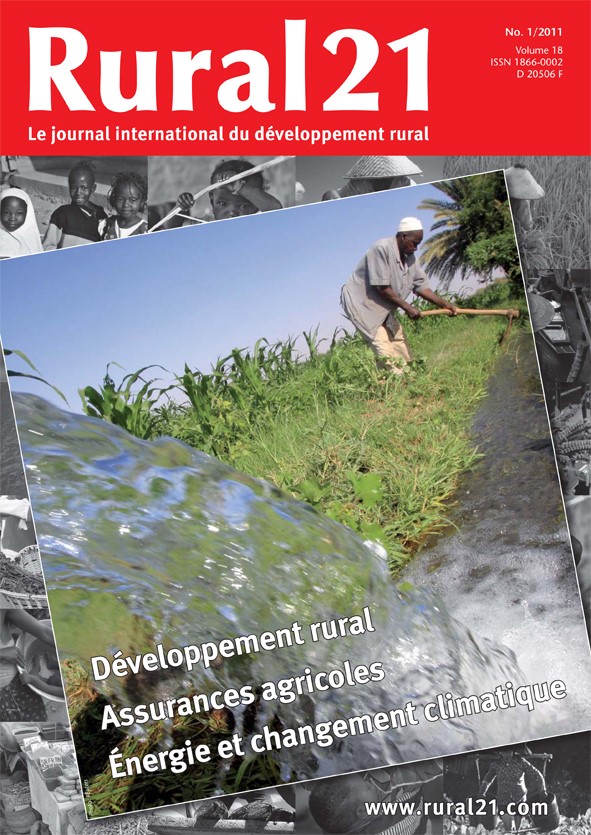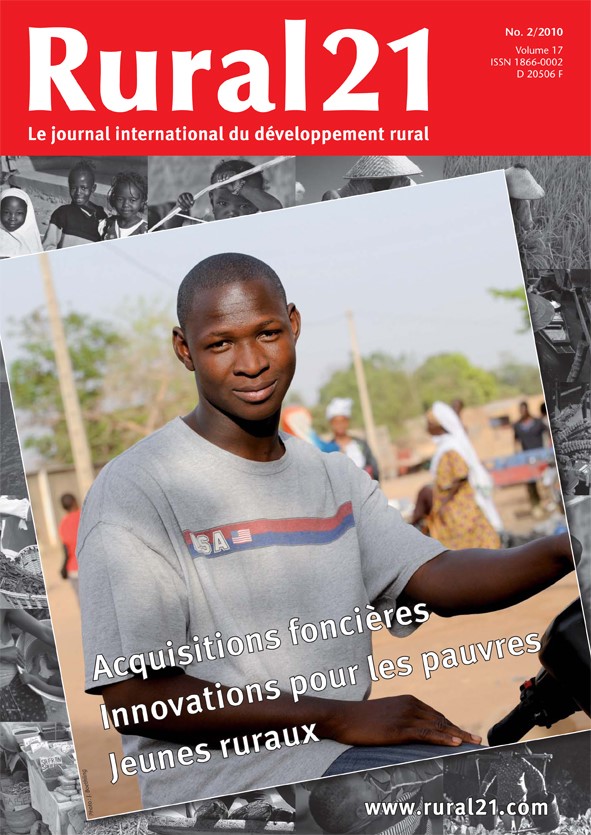Rural-urban links, seasonal migration and poverty reduction in Asia. The role of circular migration in economic growth
Rural livelihoods are far more multi-locational than is often assumed with many rural people spending a part of the year outside the village working in non-farm occupations. Contrary to early theory, persistent circular or seasonal migration within countries or between neighbouring countries is emerging as the migration pattern of the poor. Nowhere is this more evident than in Asia.









